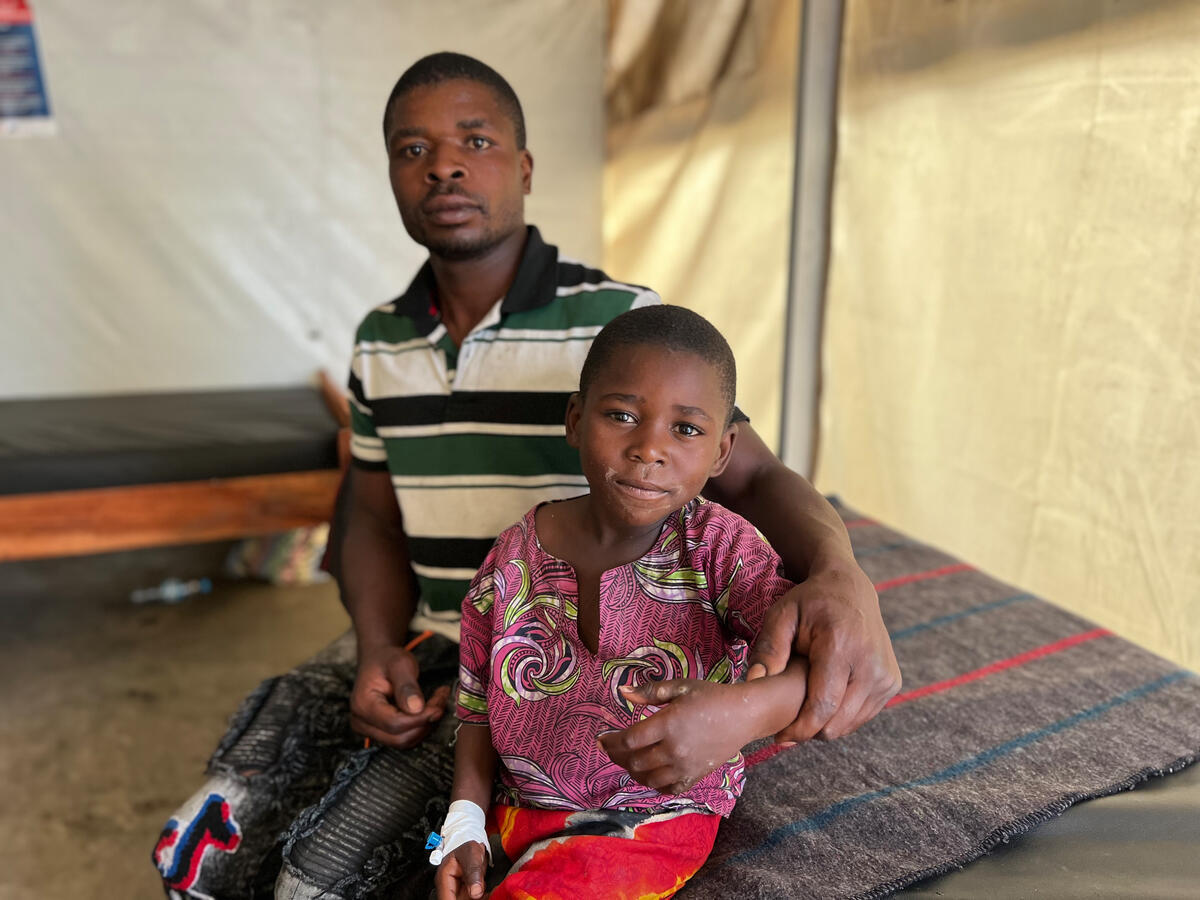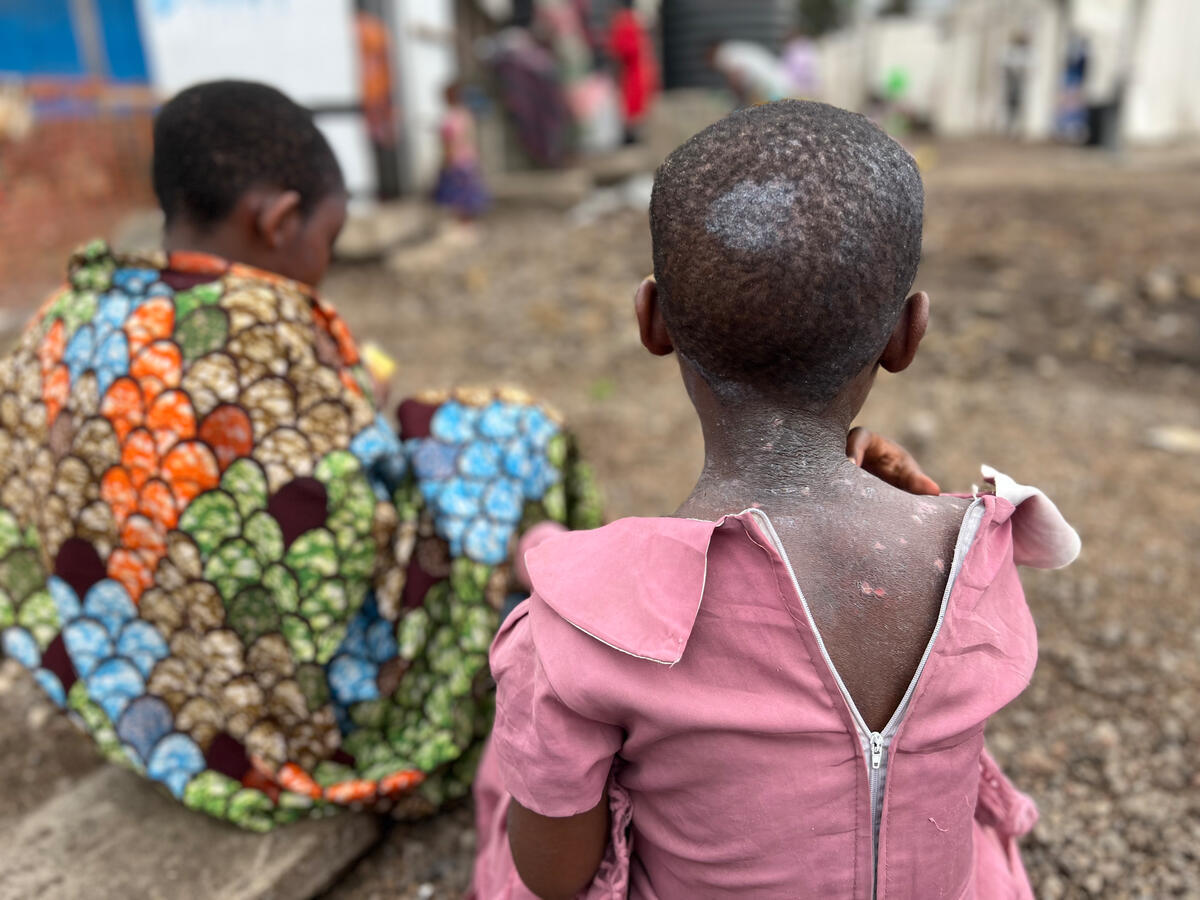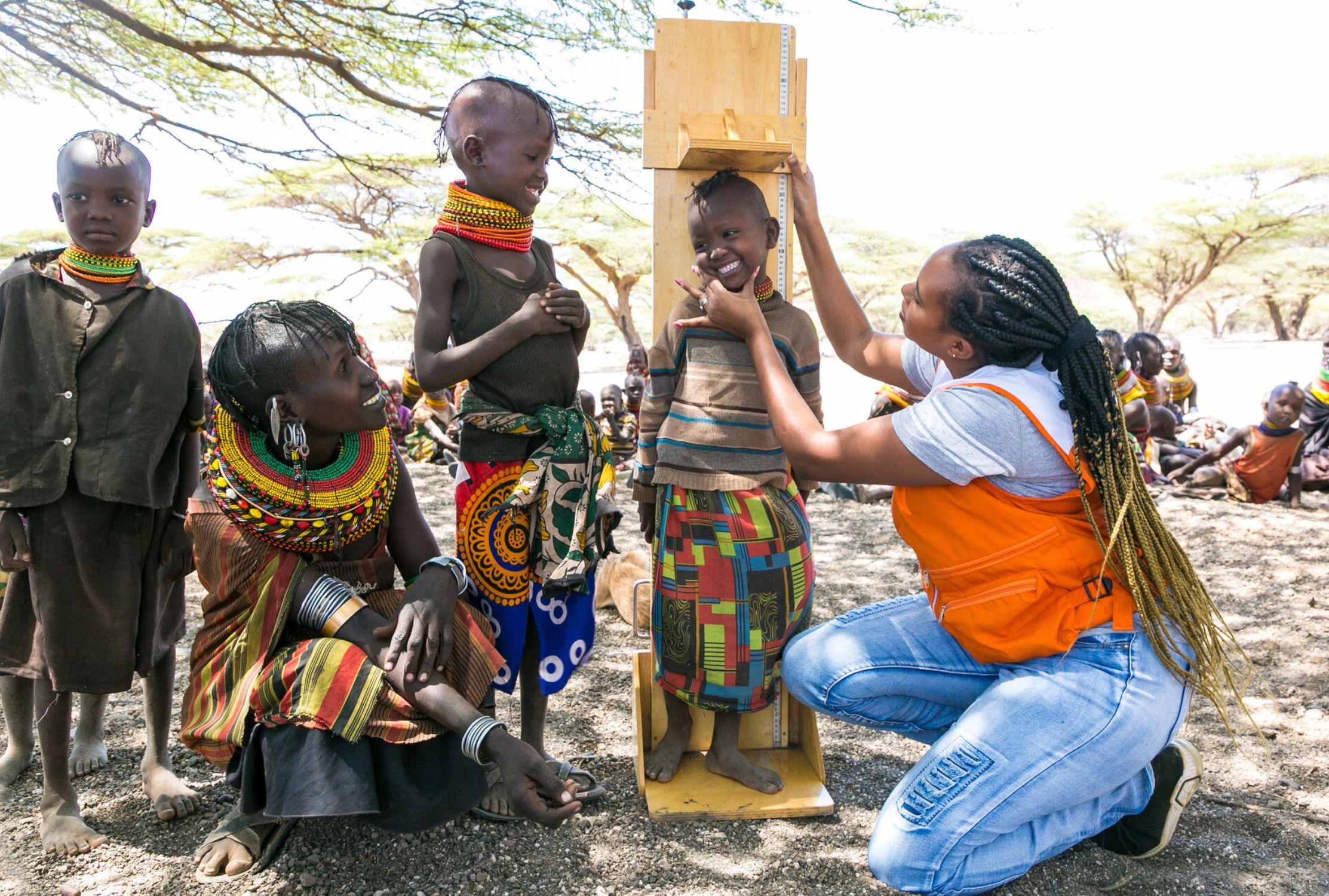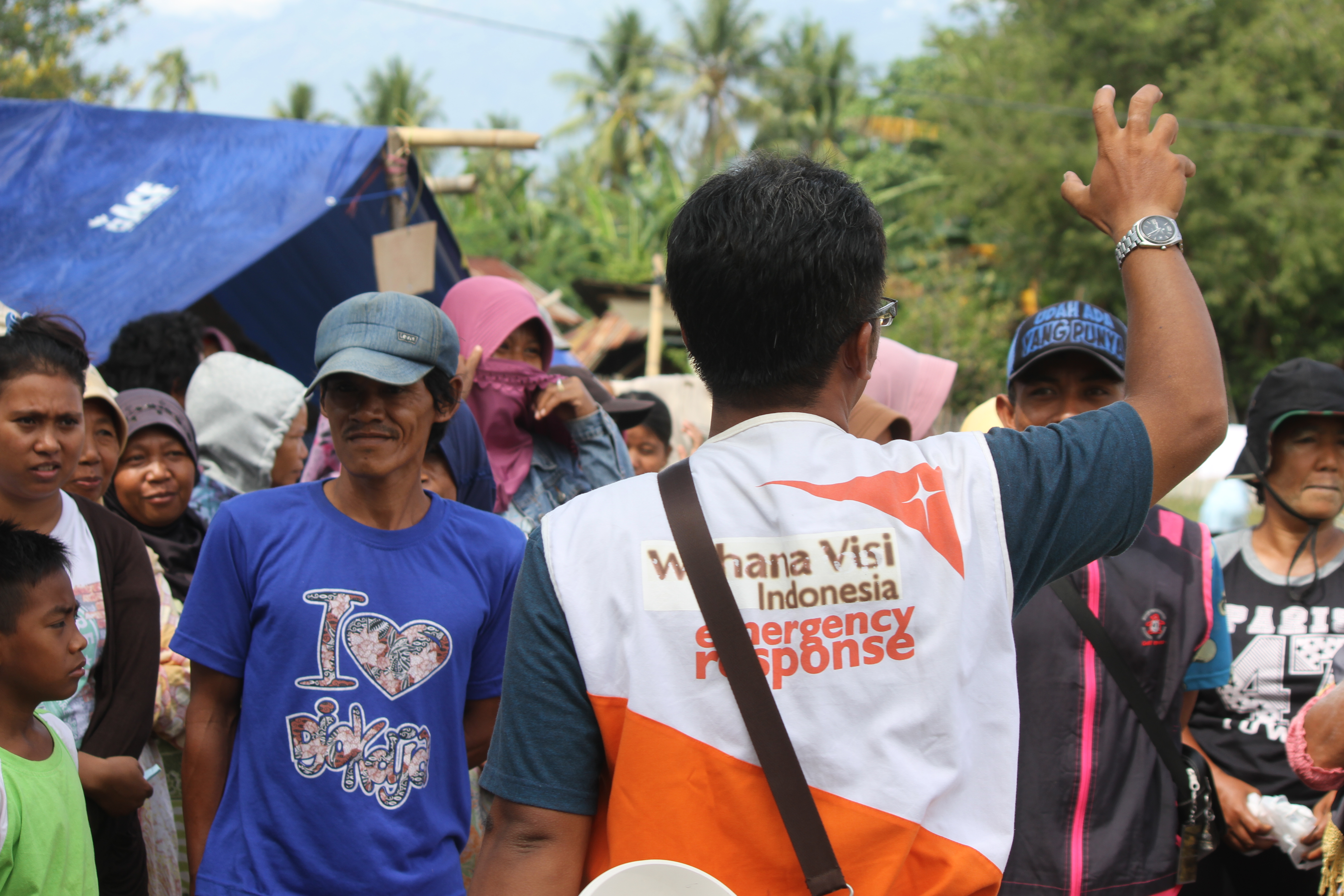Is mpox serious?
Unlike smallpox, mpox typically presents less severe symptoms and lower fatalities. However, the experience of the illness can be dependent on the individual and the strain.
Children are particularly vulnerable to mpox, particularly in low- middle-income countries and in regions with limited access to healthcare. Environmental and socio-economic factors can increase their vulnerability.
These factors include:
- overcrowded living conditions
- inadequate healthcare and infrastructure
- malnutrition and poor health
- playing closely with other children or people that might be infected
- limited access to clean water and sanitation
The current situation
Between 2022-2024, the globe has seen an increase in mpox cases.
From 1 January 2022 to 30 June 2024, there have been 99,176 confirmed cases of this new mpox strain, with 208 reported deaths across 116 countries. In June 2024, there were 934 confirmed cases and four deaths. Confirmed cases are often considered underestimates of the true number.
The World Health Organization reported that there was a decrease in every region between May and June, except in Africa.
The Democratic Republic of Congo is currently experiencing the highest number of cases. But the disease has been reported in 116 countries, making it a global health concern.








